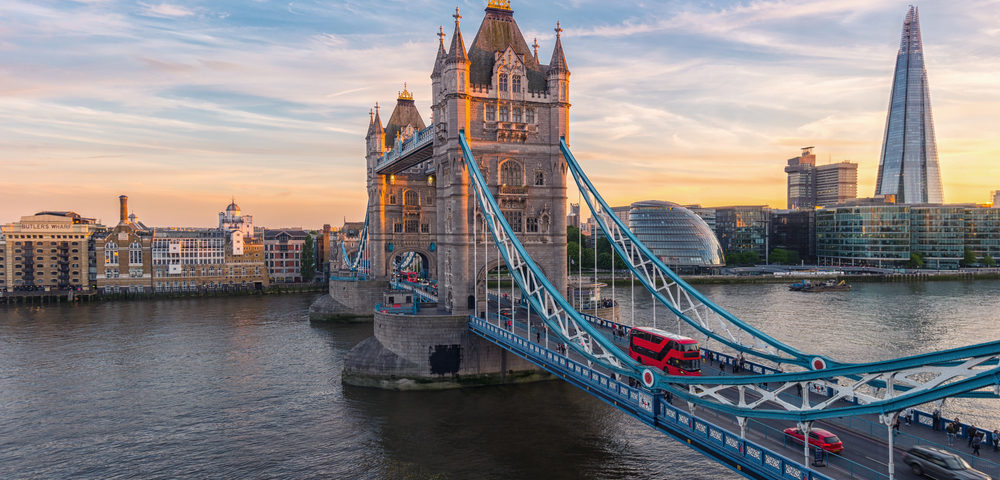The prospect of widespread vaccinations means the aviation sector can plan for recovery by summer 2021 with optimism, according to the boss of Ryanair.
Michael O’Leary, chief executive at the leading low-cost carrier, told WTM Virtual that news about vaccines was the “first real sign of sunshine” for airlines and meant there is a “fair degree of positivity” about summer 2021.
Speaking to WTM Aviation Expert, John Strickland of JLS Consultancy, he said he expects a “wave of vaccines”, meaning traffic can return to about 75-80% of last year’s levels.
“This winter is a write-off. The issue is if we rescue some level of traffic for Christmas, then there’s nothing until Easter,” he said.
“Volumes will come back in 2021, 2022 quickly. Airlines and hotels will discount prices to recover the business we lost.
“Airlines that adapt quickly will emerge out of this much better and spring into recovery.”
Long-term, he expects Ryanair will grow from 150 million passengers in 2019 to about 200 million by 2024.
O’Leary hopes governments will support the short-term recovery by waiving taxes such as Air Passenger Duty and developing mass testing.
“Airport testing is a complete waste of time,” he said.
“People should come to airports with negative tests then we can go back to flying with reasonable security.”
Ryanair is in a better position to recover than its rivals, he said, because it has not borrowed at “inflated rates” and kept its aircraft and crews flying.
“We can pounce on growth; it is important to fulfil the enormous snap-back in travel demand,” he told Strickland.
“There will be an invasion of the beaches. We need to be there providing capacity at low prices. We can get hotels and beaches full again.”
He predicted British Airways’ parent IAG will emerge from the pandemic stronger as it has “gone through the pain” of job cuts, unlike other airline groups which received state aid but are still tied into expensive workforce deals.
Other low-cost short-haul carriers such as easyJet and Wizz Air will also emerge stronger from the pandemic, he predicted.
Stansted remains his airport of choice for London, thanks to its low costs, and further savings are being made by developing software inhouse.


